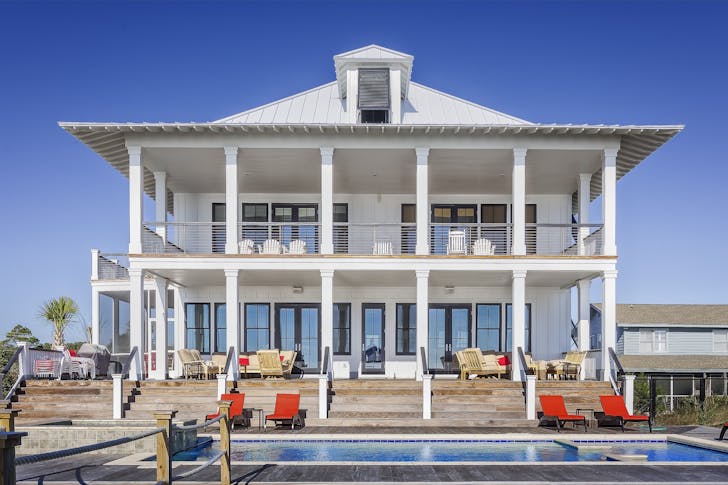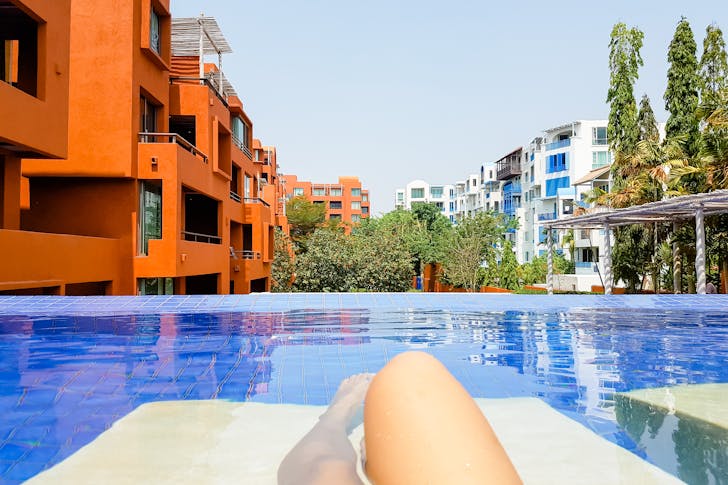Lifestyle creep starts small. A nicer apartment, a fancier dinner, or a second streaming service. As your income increases, your spending tags along, quietly eating into your future without raising a red flag. This shift in lifestyle may feel harmless, even deserved, but it can drain you in ways you don’t expect.
Here is what it could be costing you, and why it matters more than you think:
Your Financial Freedom
Lifestyle creep directly hits your wallet. You make more, so you spend more. But that extra income doesn’t turn into wealth unless you save or invest it. It disappears into nicer clothes, bigger homes, and endless small upgrades that add nothing lasting.
The real cost? Lost opportunity. That money could be working for you, growing through compound interest, or backing a future dream. Instead, it goes to temporary comforts. And as those comforts become habits, you will need more money just to maintain the new norm.
That is how people earning six figures still feel broke.
Your Savings and Investments
One of the biggest silent costs is how lifestyle creep chips away at your savings rate. You might think, “I’ll save when I get that next raise,” but then the raise arrives, and the money is already spoken for. Bigger car payment. New phone. Weekly delivery of meals.

Pixabay / Pexels / With lifestyle creep, your savings stall, or worse, drop. Over time, that matters a lot. Choosing to spend instead of saving can shave tens of thousands off your retirement fund.
The earlier you start investing, the more your money grows. But lifestyle creep delays that start, and that delay is expensive.
Your Mental Bandwidth
Stress is another cost you can’t see. Lifestyle creep creates pressure. Pressure to keep up. Pressure to maintain. You might earn more than ever, yet still feel like you can’t breathe financially. As fixed costs rise, you lose wiggle room.
You stop feeling in control. And that control is everything. Without it, your job feels like a trap. You can’t afford to slow down or take a break. Even a slight drop in income can become a crisis, not just a hiccup.
Your Joy
The weird part? Most of the spending doesn’t even make you happier. That’s the trick of lifestyle creep. A luxury becomes normal fast. The nice dinner becomes the usual. The big TV becomes background noise. What felt exciting once quickly turns into the new baseline.

Tira / Pexels / Psychologists call this “hedonic adaptation.” You adjust, and then you want more. So you chase the next upgrade. And then the next. But the satisfaction never sticks.
You just spend more to feel the same. In the end, you are not any happier, just poorer.
Your Options
When your lifestyle is bloated, your freedom shrinks. You can’t quit your job, even if you hate it. You can’t take a sabbatical, even if you are burned out. You can’t launch that side hustle, move cities, or retire early because your life costs too much to pause.
The higher your fixed expenses, the fewer options you have. You become stuck. That is the real price of unchecked lifestyle creep. You trade long-term freedom for short-term comfort. And once you are locked in, breaking out feels impossible.
How to Regain Control
Lifestyle creep isn’t a life sentence. You don’t have to go minimalist or give up every joy. The goal is balance: spend on what matters, skip what doesn’t, and build a lifestyle that gives you freedom, not chains.
Start by paying yourself first. Before you touch a raise or bonus, send a chunk straight to savings or investments. Lock it in before lifestyle creep gets ideas.
Set goals. Real ones. Want to retire at 50? Buy a house? Start your own gig? Name it. Every dollar should point in that direction. If it doesn’t, it’s just noise.








